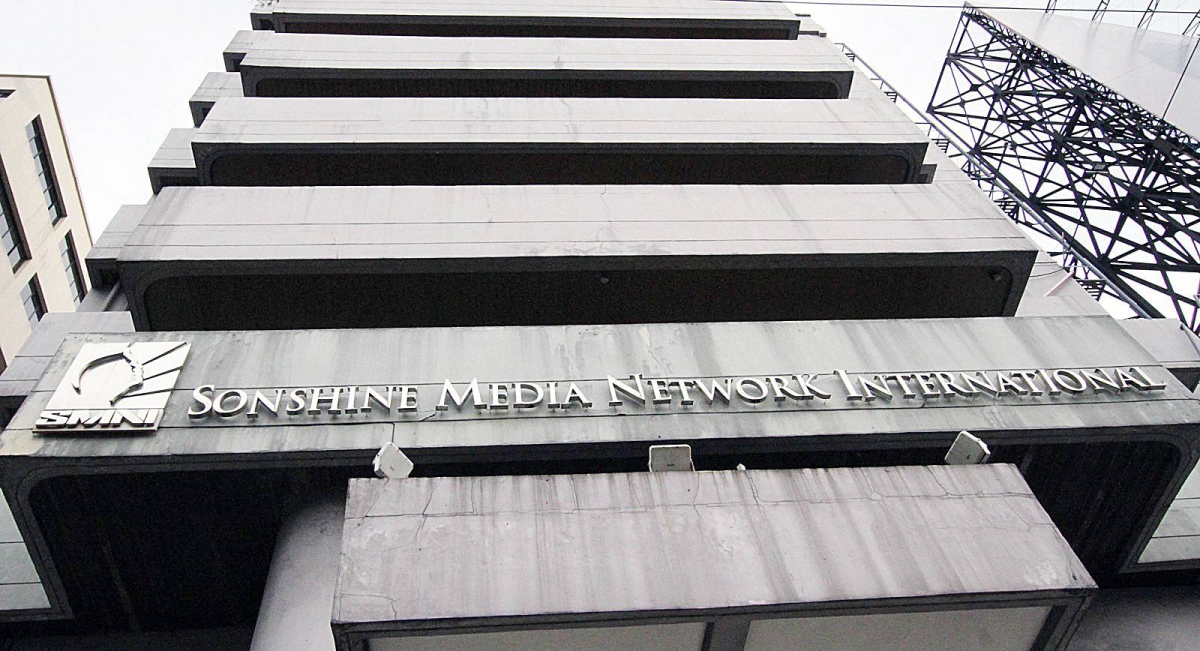The Court of Appeals (CA) has recently rejected the petition filed by Sonshine Media Network International (SMNI) to halt the 30-day suspension order issued by the National Telecommunications Commission (NTC). The suspension was imposed due to alleged violations of SMNI’s franchise terms.
In a resolution promulgated on January 4th but only made public on Sunday, the 14th Division of the CA dismissed SMNI’s petition for certiorari and mandamus, along with the application for a temporary restraining order and/or preliminary injunction filed by Swara Sug Media Corp., doing business and broadcasting under the name SMNI.
The court’s decision to dismiss the petition was based on SMNI’s failure to exhaust all available remedies before resorting to a petition for certiorari, prohibition, and mandamus. According to the court, SMNI should have first filed a motion for reconsideration with the NTC, as required by the Rules of Court, to demonstrate that there is no other “plain, speedy, and adequate remedy in the ordinary course of law.”
The CA emphasized that petitioners cannot unilaterally determine whether a motion for reconsideration is necessary or not. By not giving the NTC an opportunity to rectify any potential errors or address the allegations of grave abuse of discretion, SMNI’s failure to file a motion for reconsideration before filing the present petition became a fatal flaw.
SMNI, the broadcast media arm of the Kingdom of Jesus Christ (KJC) led by Pastor Apollo Quiboloy, argued in its petition that the NTC violated the Constitution by ordering its suspension based on a resolution of the House of Representatives.
The suspension order was issued following allegations made by SMNI hosts Lorraine Badoy and Jeffrey Celiz, claiming that Speaker Ferdinand Martin Romualdez had spent P1.8 billion on foreign travel between January and October of the previous year.
It is important to note that the CA’s decision to dismiss SMNI’s petition does not absolve the network of any alleged violations. Instead, it highlights the necessity of following proper legal procedures and exhausting available remedies before seeking judicial intervention.
The CA’s ruling underscores the significance of due process and adherence to the Rule of Law. It emphasizes that parties must exhaust all available administrative remedies before resorting to the courts. By doing so, it allows regulatory bodies, like the NTC, the opportunity to address any perceived errors or rectify any potential issues before resorting to legal action.
This case serves as a reminder that all parties involved must respect the legal process and adhere to the established procedures. It also highlights the importance of responsible journalism and the need for media organizations to ensure the accuracy and credibility of their reporting.
While SMNI’s petition has been dismissed, it remains to be seen how the network will address the alleged violations raised by the NTC and the House of Representatives. As this case unfolds, it is crucial for all parties involved to uphold the principles of fairness, transparency, and accountability.
In conclusion, the Court of Appeals’ dismissal of SMNI’s petition against the NTC’s suspension order signifies the importance of following proper legal procedures and exhausting available remedies. It underscores the significance of due process and adherence to the Rule of Law. As this case progresses, it is essential for all parties involved to uphold the principles of fairness and accountability.







